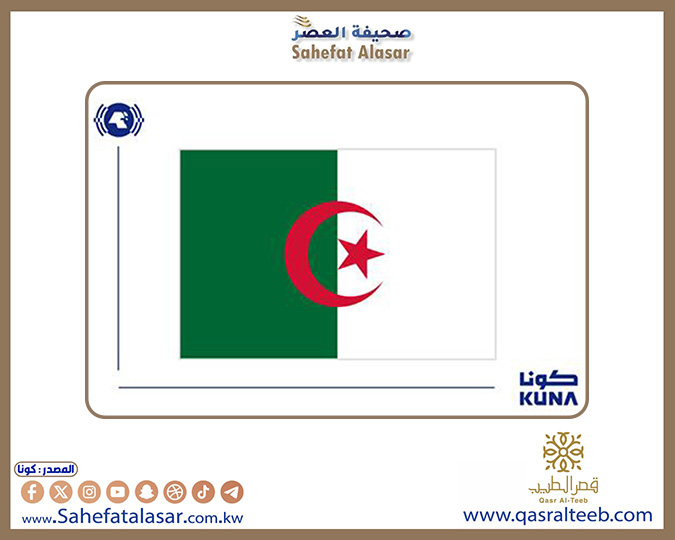


The Algerian film *"Hakim Franz Fanon"* won an award today, Saturday, at the African Festival of Cinema and Television (FESPACO), which concluded its activities in the capital of Burkina Faso, Ouagadougou, today, Saturday, after launching on February 22.
The organizing committee announced that the feature film *"Hakim Franz Fanon"* won the Critics' Week Award during the 29th edition of the festival, which was held this year under the theme *"African Cinema and Cultural Identities."* The committee stated in a press release that the award, presented in the country of Thomas Sankara, the revolutionary leader and one of the symbols of liberation in Africa, is given to cinematic works that address the continent's issues with depth, critique, and boldness.
The committee added that "this film, inspired by the ideas and stances of the French doctor Franz Fanon, who fought and resisted French colonialism and stood alongside his Algerian brothers during the liberation revolution, delves into the memory of anti-colonialism and the resistance of African peoples, intersecting strongly with Sankara's vision for a free and independent Africa."
For its part, the Algerian Ministry of Culture stated that "the recognition of *Hakim Franz Fanon* with this award in 2025 is not just an honor for a film but a reaffirmation of cinema's role as a tool for memory and resistance, and a reinforcement of Algeria's relationship with Africa within a shared artistic and cultural context, where art continues to carry the torch of liberation and progress."
The FESPACO festival, established in 1969, is one of the largest film festivals in Africa, providing a major platform for African filmmakers and serving as a space for creative and professional exchange, contributing to highlighting the continent's issues through the seventh art.
The award-winning film, produced in 2024 and directed by Abdel Nour Zahzah, narrates an important part of the life of Dr. Franz Fanon, from his tenure as head of the psychiatry department at the Blida Hospital (which now bears his name) to his joining the liberation revolution, covering the period from 1953 to 1956.